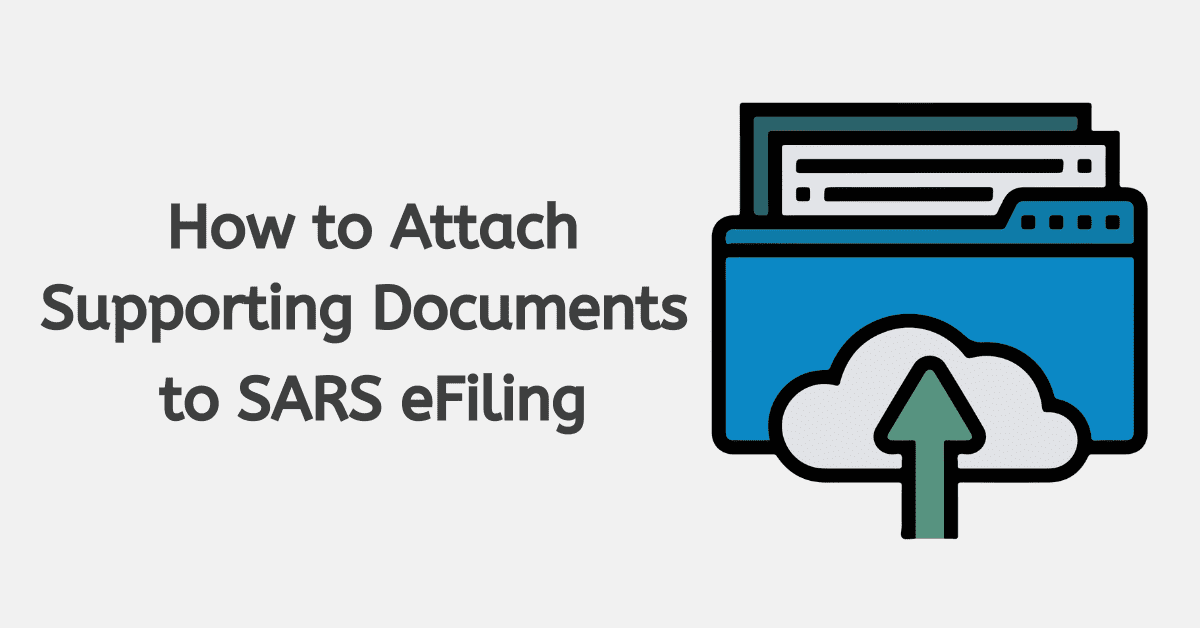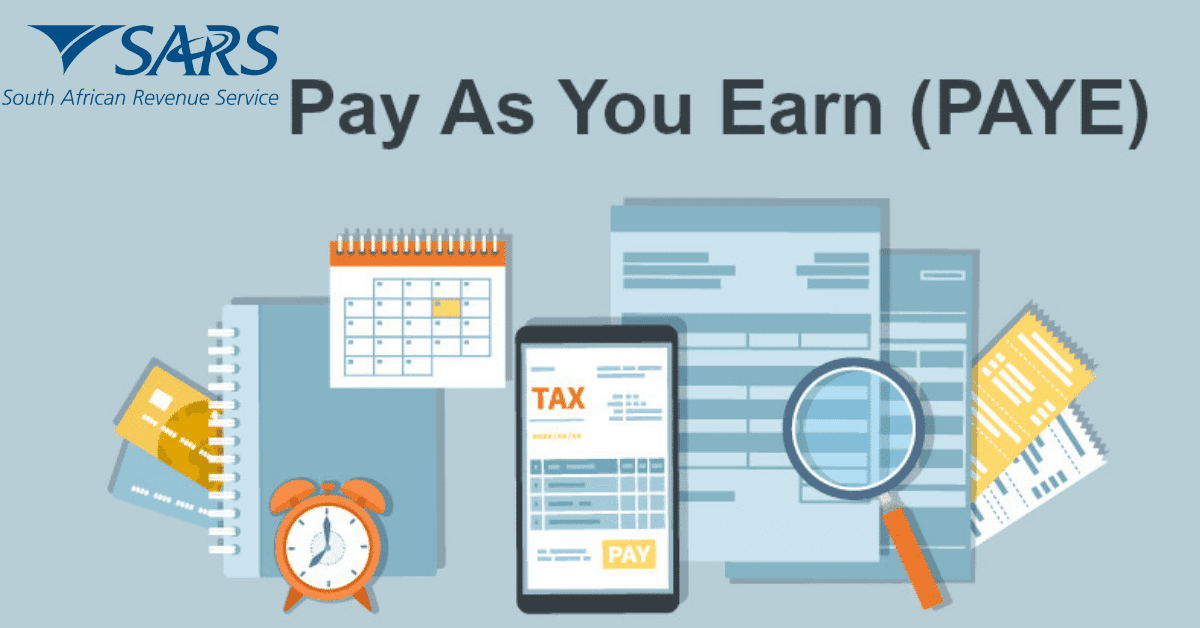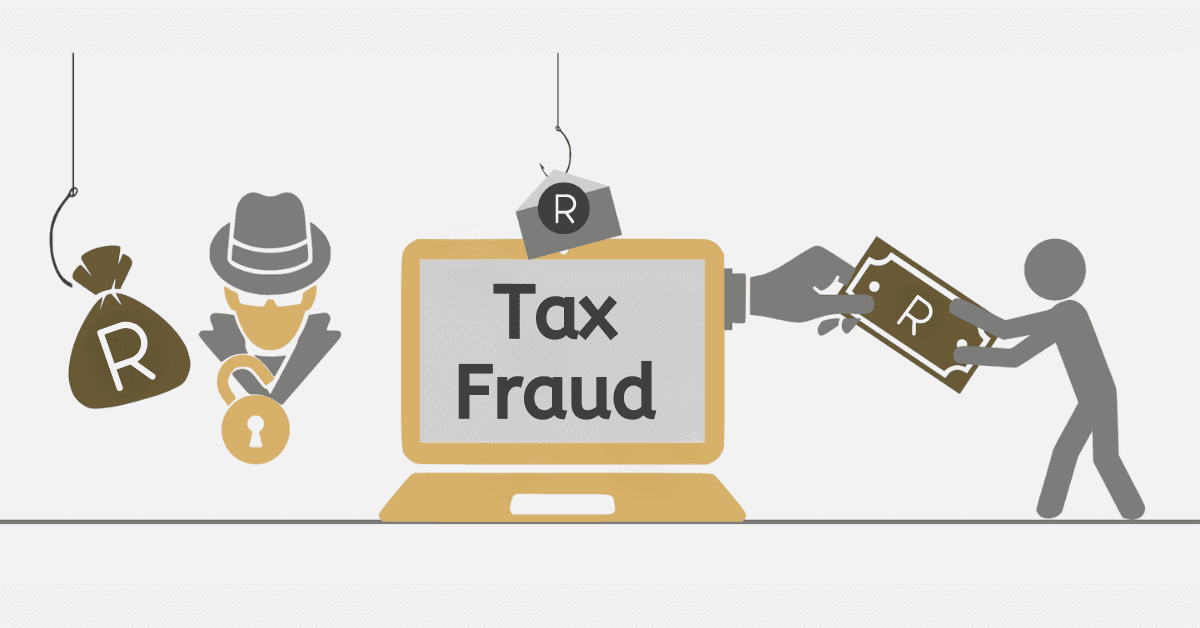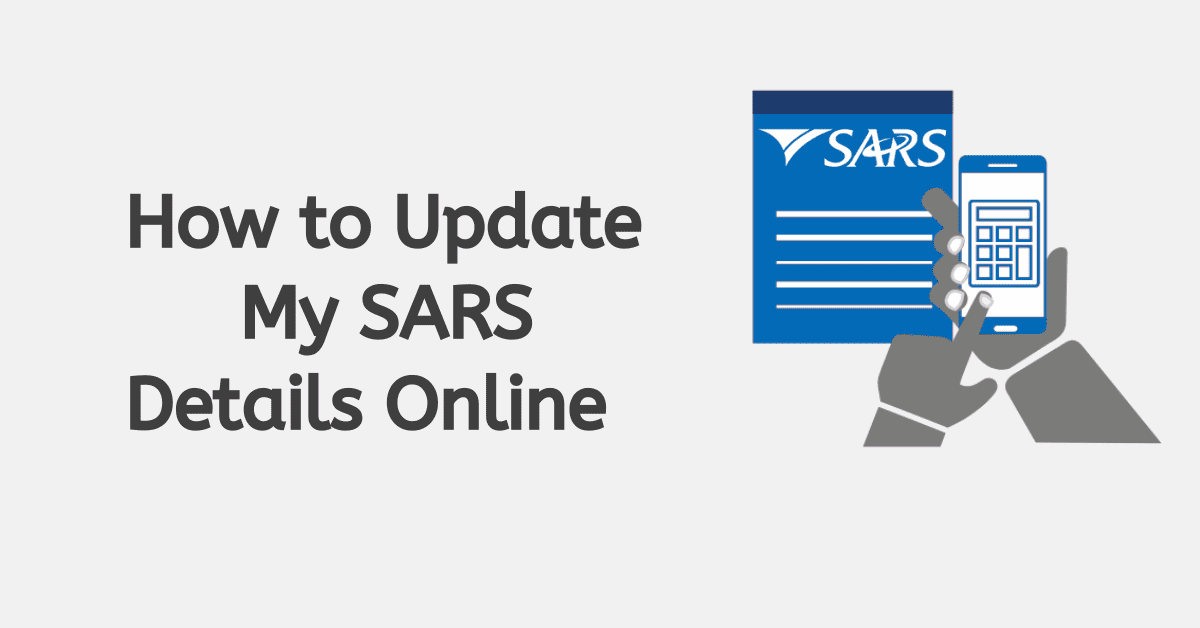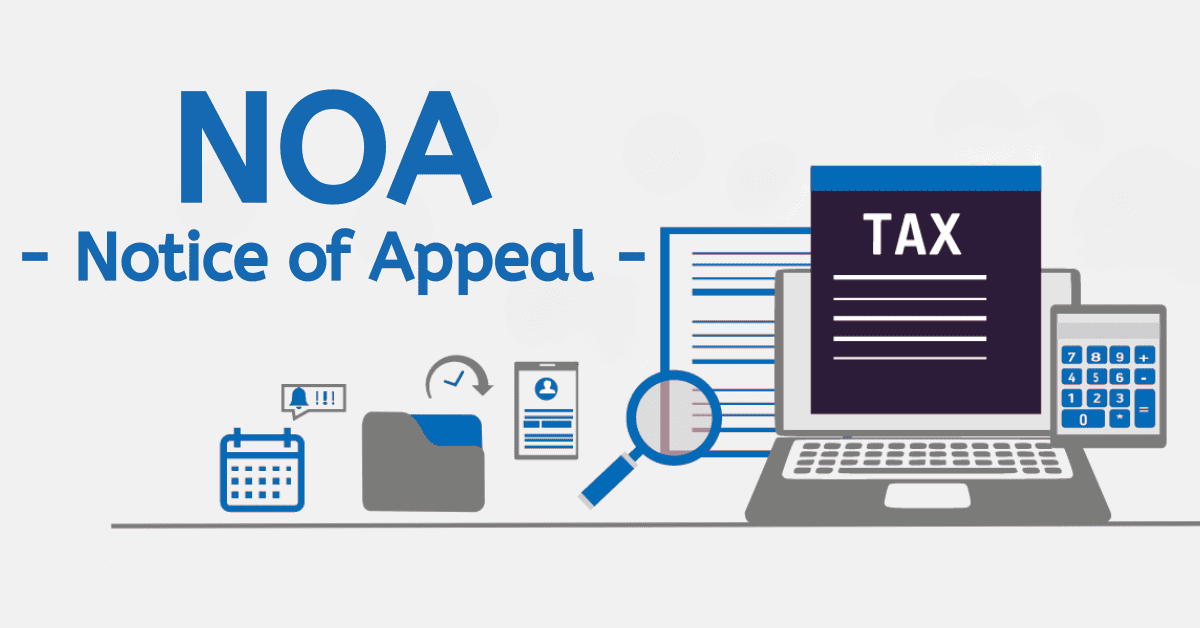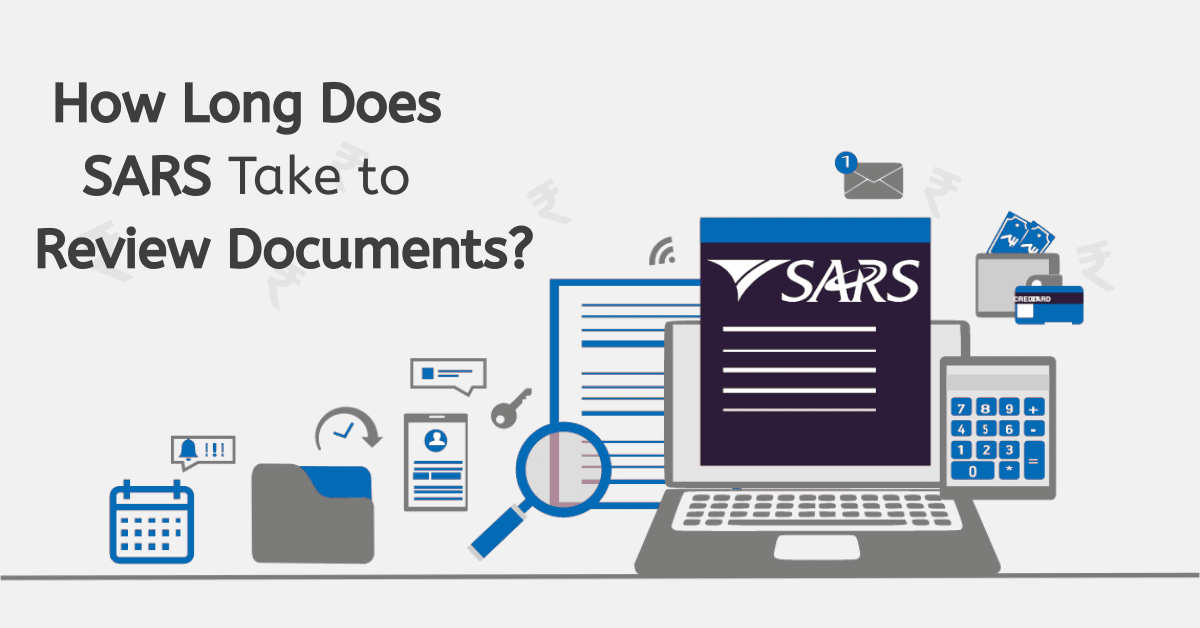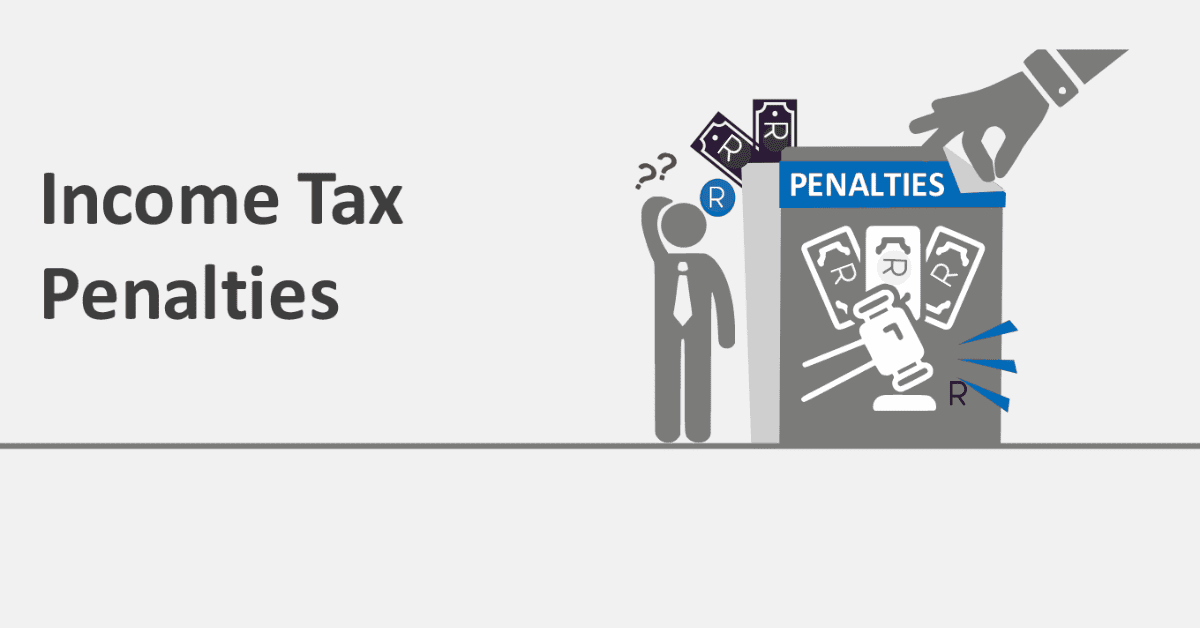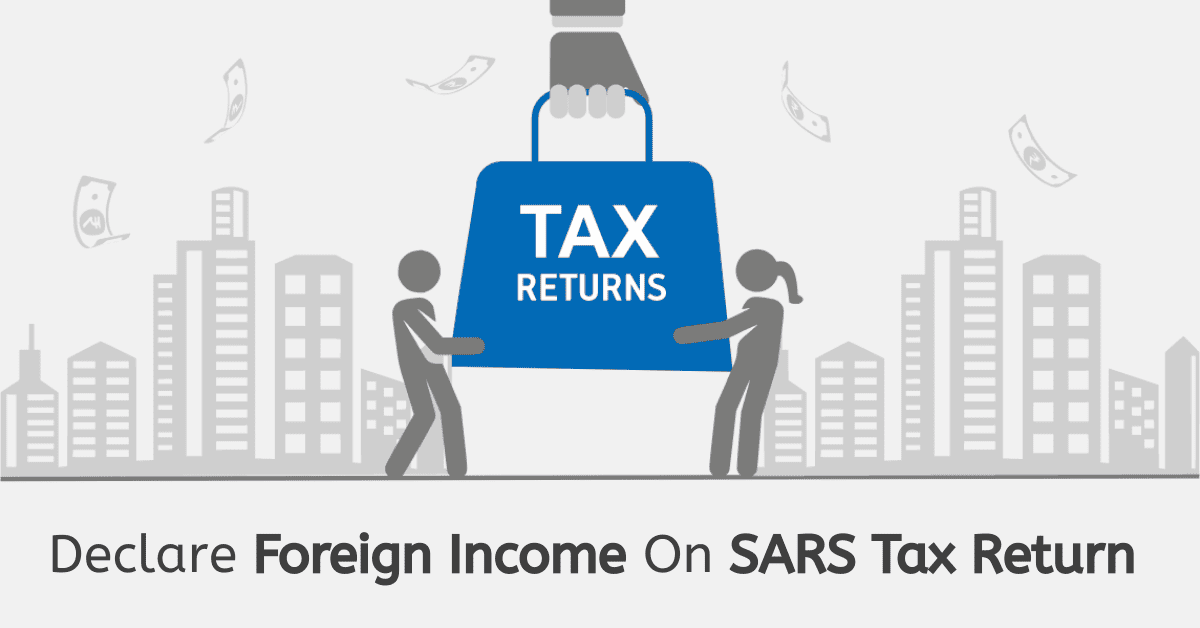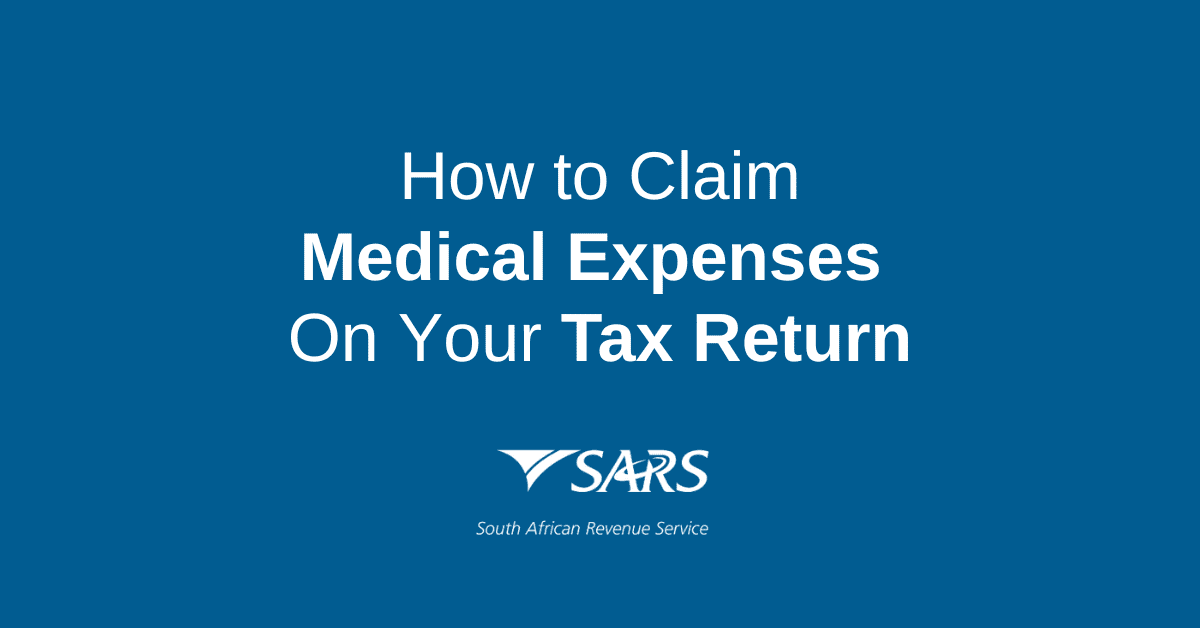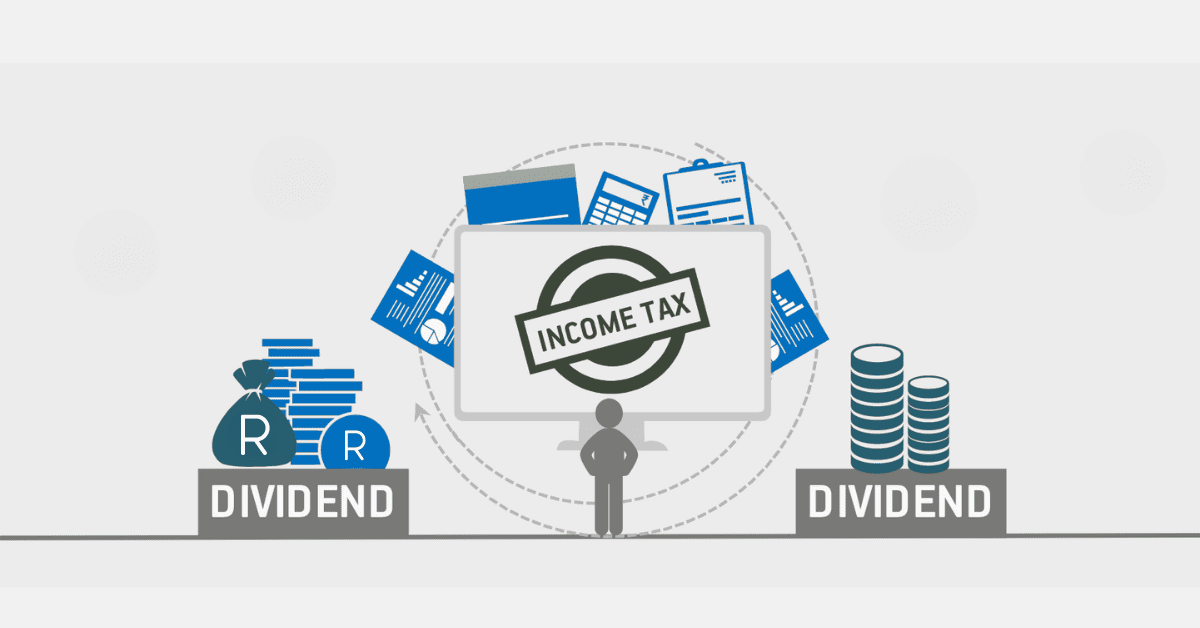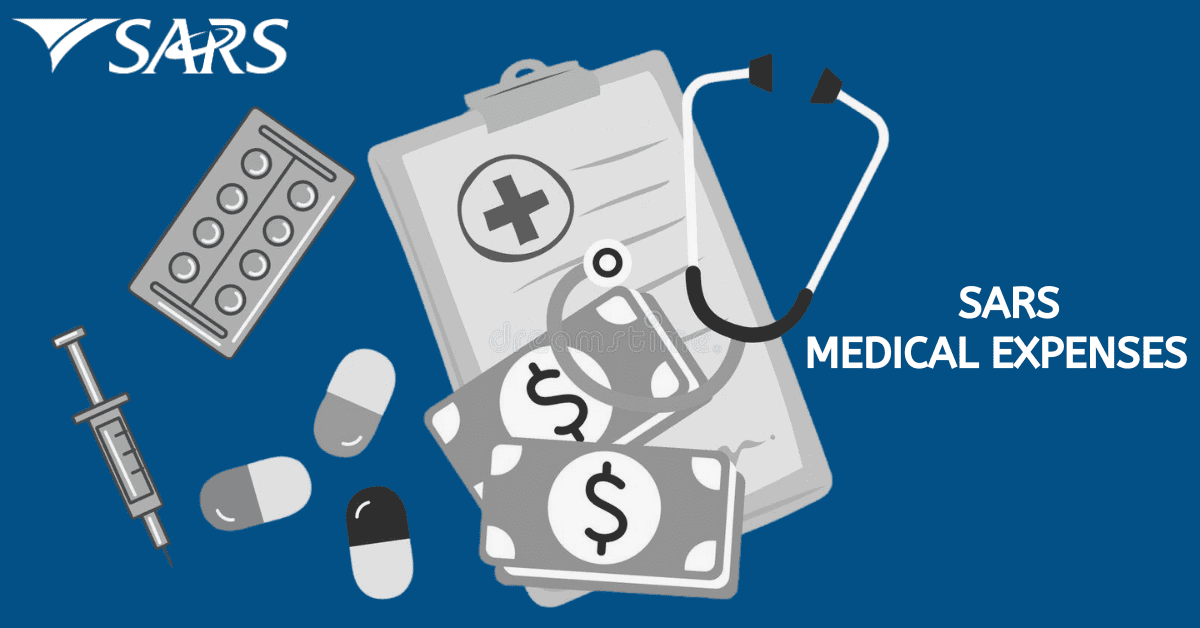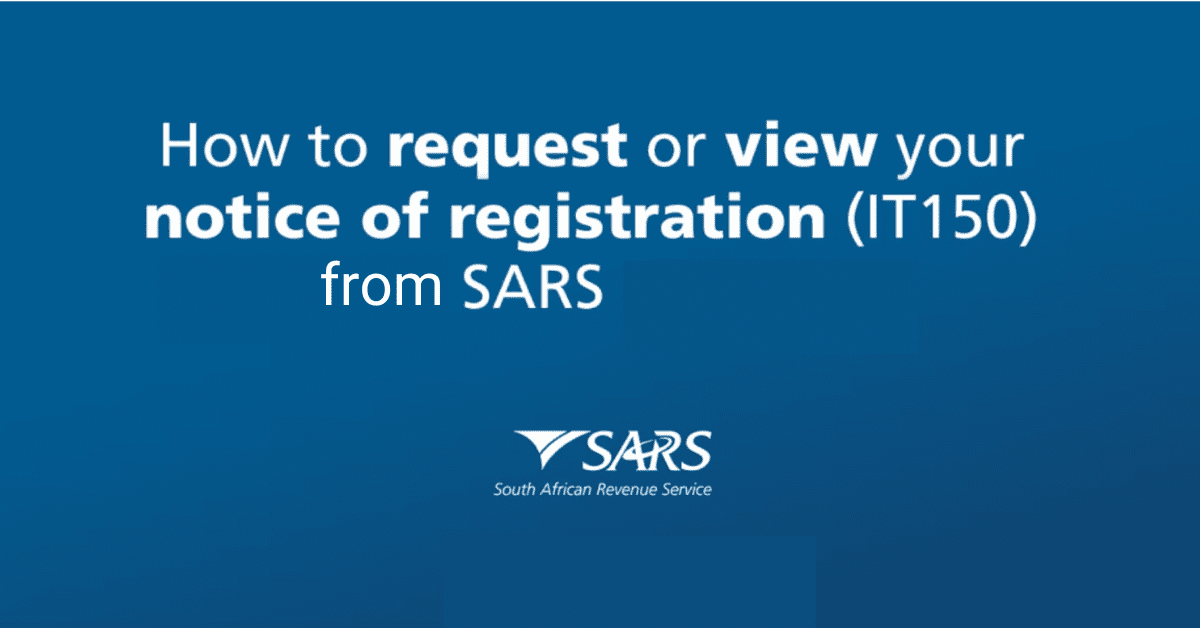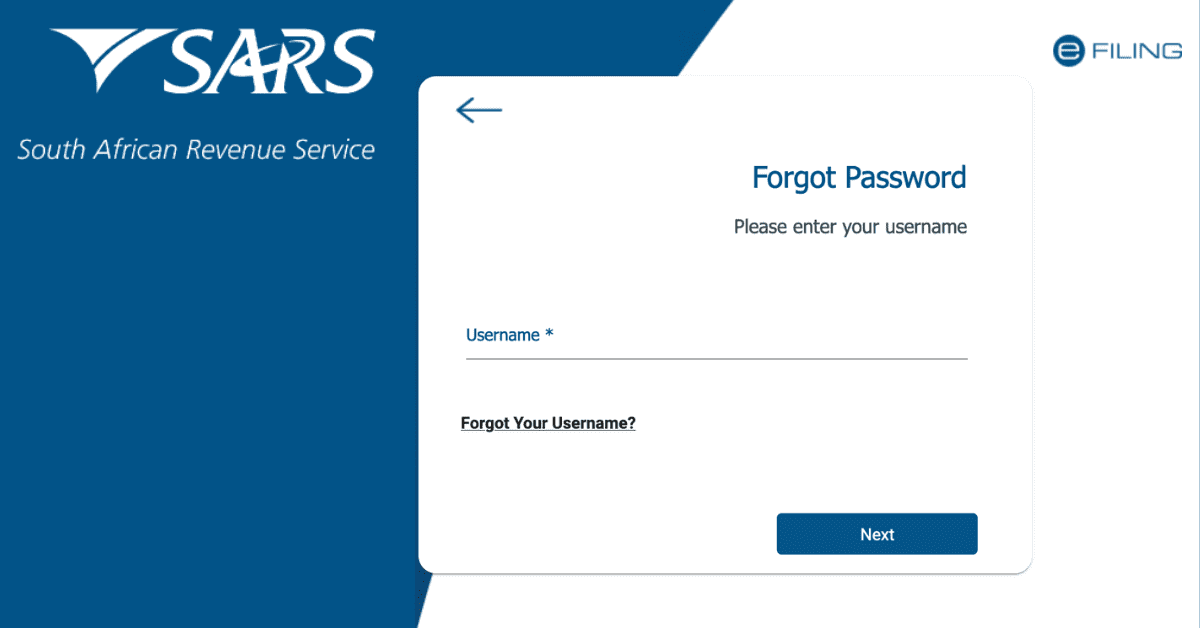The South African Revenue Service (SARS) is responsible for collecting taxes in South Africa. SARS may impose penalties and interest to encourage compliance when taxpayers fail to comply with their tax obligations. However, sometimes these penalties may be unwarranted or excessive, and taxpayers may want to appeal against them.
Appealing against SARS penalties can be a daunting task, but it is important to understand the process and the grounds on which penalties can be appealed. In this blog post, we will provide a step-by-step guide on how to appeal against SARS penalties in South Africa, as well as tips on how to increase your chances of success. Whether you are a business owner or an individual taxpayer, this guide will help you navigate the appeals process and protect your rights.
How do I appeal against SARS penalties?
If you want to appeal against a penalty imposed by the South African Revenue Service (SARS), you can follow the steps below:
- Lodge your objection: You can lodge your objection to the penalty within 30 days from the date of the penalty notice. You can complete the Notice of Objection (NOO) form and submit it to SARS.
- Provide supporting documents: Along with the NOO form, you should provide any supporting documents that will help SARS understand why you believe the penalty should be waived or reduced.
- Wait for SARS to respond: SARS will acknowledge receipt of your objection and provide you with a reference number. They will then review your objection and the supporting documents you provided.
- Attend a hearing (if required): If SARS requires further information or a hearing, they will contact you to arrange this.
- Receive the outcome: SARS will then communicate their decision to you in writing. They will waive or reduce the penalty if they agree with your objection. If they do not agree, you can appeal to the Tax Court or the Alternative Dispute Resolution (ADR) process.
- Appeal to the Tax Court or ADR (if required): If you are not satisfied with SARS’ decision, you can appeal to the Tax Court or the ADR process. The Tax Court is a judicial body that hears disputes related to tax matters. The ADR process is voluntary, where an independent facilitator helps you and SARS reach a mutually acceptable resolution to the dispute.
Remember that penalties may continue to accrue while the objection and appeal process is underway. Therefore, acting quickly to lodge your objection and provide any necessary information and documents is important.
How do I submit a formal dispute to SARS?
- ADVERTISEMENT -
If you want to submit a formal dispute to the South African Revenue Service (SARS), you can follow the steps below:
- Complete the Dispute Form: You can obtain a Dispute Form from the SARS website or by visiting your nearest SARS branch. The Dispute Form is also known as the Notice of Objection (NOO) form.
- Provide Supporting Documents: Along with the Dispute Form, you should provide any supporting documents that will help SARS understand the basis for your dispute. This may include documents such as financial statements, invoices, contracts, or correspondence.
- Submit the Dispute Form and Supporting Documents: You can submit the Dispute Form and supporting documents to SARS by hand, by post, or electronically via eFiling.
- Wait for SARS to Respond: SARS will acknowledge receipt of your dispute and provide you with a reference number. They will then review your dispute and the supporting documents you provided.
- Attend a Hearing (if required): If SARS requires further information or a hearing, they will contact you to arrange this.
- Receive the Outcome: SARS will communicate their decision to you in writing. If they agree with your dispute, they will make the necessary adjustments to your tax account.
It is important to note that the deadline for submitting a dispute is typically within 30 business days from the assessment date. You may lose your right to dispute the assessment if you miss this deadline.
How do you get tax penalties waived?
In South Africa, tax penalties may be waived if you have a valid reason or grounds for the penalty to be waived. You can request the South African Revenue Service (SARS) to waive the penalty by following the steps below:
- Object to the penalty
- Provide supporting documents
- Wait for SARS to respond
- Attend a hearing if required
- Receive the outcome
How do I get rid of tax penalties?
One can get rid of tax penalties for any valid reason by following the steps described above. However, SARS has strict requirements for granting penalty waivers, and each case is evaluated based on its merits. As a result, be as thorough as possible in your disclosures and consult experts as needed. If you have already paid the penalty, you can apply for a refund if SARS agrees to waive the penalty. Alternatively, you can request SARS to offset the penalty against any tax refunds you may be entitled to.
